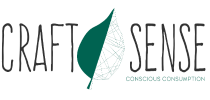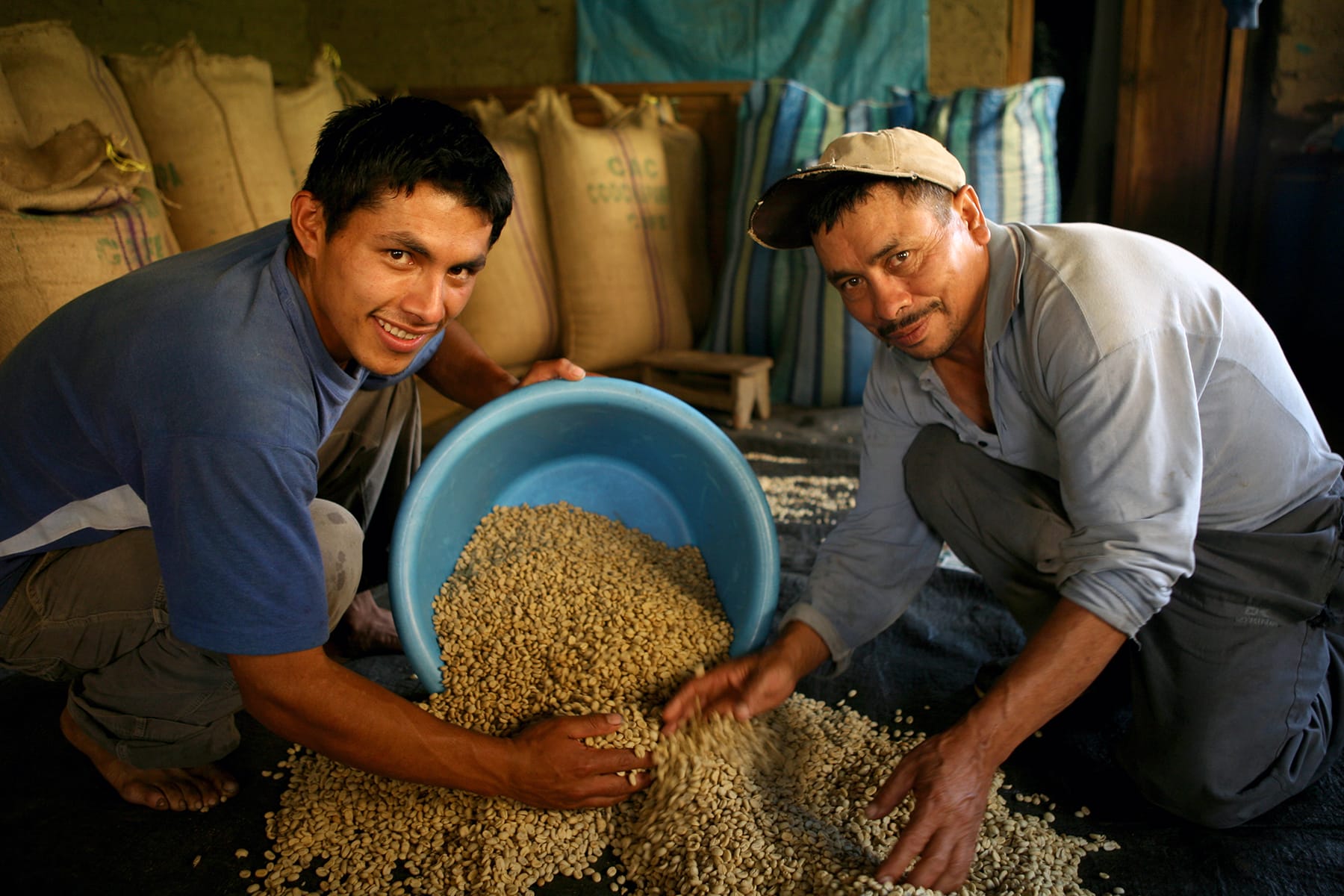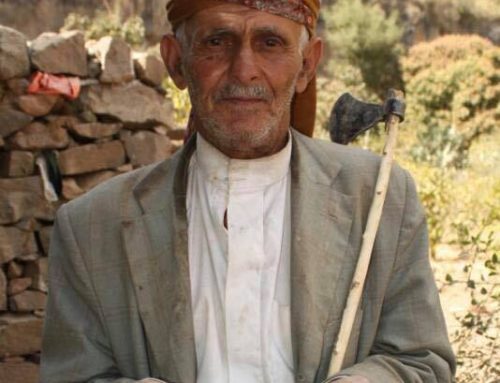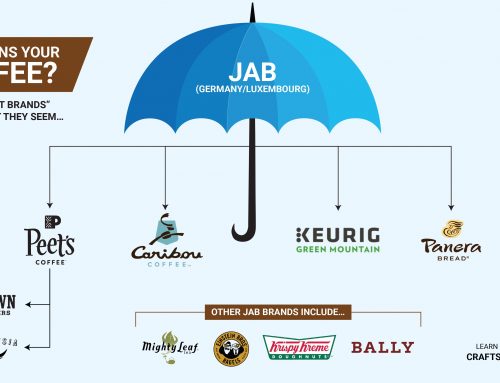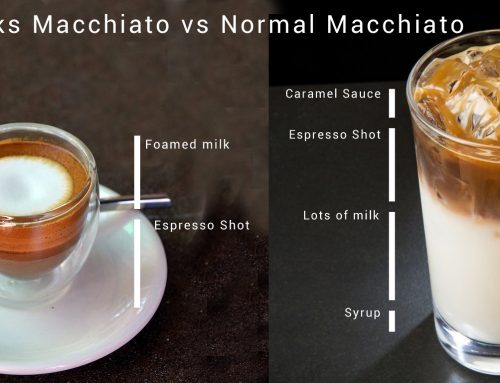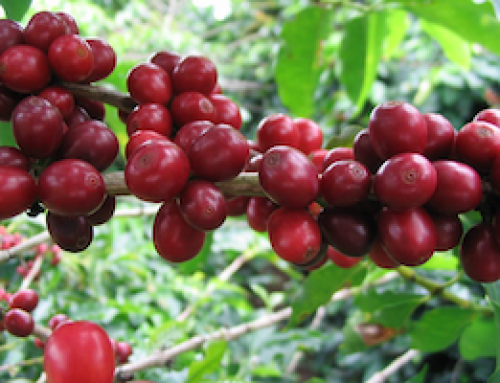Pachamama Coffee is a third wave coffee company and then some. We all know third wave coffee producers are better than their mass-market peers. For one, the coffee is actually drinkable. Second, and more importantly, the coffee is often direct or fair trade and frequently organic. This means third wave roasters almost always pay more than the normal commodity market price. However, just like with any other commodity the highest margin portions of the chain is finishing and retailing is done out of country of origin. This commodity system ensure that the producers in country of origin get the smallest cut of the final price of the product. Pachamama Coffee, however, has set out to change that.
Farmers as Owners
It is exactly this unfair coffee industry status quo that Thaleon Tremain and Raul de Aguila set out to upend when they founded Pachamama Coffee over a decade ago. What they created is a truly unique operation that essentially turns the coffee world upside down. In the best way possible. Realizing that the commodification of coffee kept many farmers in poverty, they gave them a cut of the final product. How much is that cut? All of it. What makes Pachamama so very different from every other third wave coffee company is that the farmers are also the owners. The company is owned by five cooperatives from Mexico, Peru, Guatemala, Nicaragua and Ethiopia. These cooperatives comprise over one hundred thousand of coffee farmers. This structure ensures that they receive profits from the final product in addition to a higher-than-market price for their coffee. In a commitment to trasparency, the company lists their prices and other financial information directly on their website.
Meeting of Minds
Pachamama Coffee is the realization of a concept that Thaleon and Raul outlined almost 20 years ago to help farmers. Raul was a Peruvian farmer advocate, cooperative leader and Fair Trade pioneer. Thaleon had worked in agriculture for the Peace Corps in Bolivia in the 1990s and seen first hand how little coffee farmers earned. They both dreamt of a way to improve coffee farmer’s lives by helping hem capture a greater share of the final product. After a fateful meeting in Costa Rica in 2001, they transformed this dream into reality.
Going Forward
Due to their commitment to improve the lives of coffee farmers, Pachamama has not taken outside equity investment. This means that they have grown organically and more slowly than other coffee companies. However and more importantly it also means they have stayed true to their mission. Pachamama sold the first of its farmer-owners’ coffee in 2006. In 2013 they opened their first cafe. Today Pachamama has two cafes and a Certified Organic roasting facility in Sacramento. Business is good and continues to grow. However, the company continues to push the boundaries of how “fair” coffee can be. Recently the company launched an incentive program for it’s employees here in the US and it is currently exploring way to further incorporate them into the business.
Unfortunately, Raul’s sudden passing in 2012 means that he didn’t get to see these latest stages of the company’s success. However, Thaleon, the farmer-owners and their US-based staff continue to carry out his vision. Pachamama Coffee is an example of how continued innovation in the coffee business can make a real impact on the lives of farmers. Even the most responsible and transparent third wave coffee companies have a lot to learn from them. We really hope they are paying attention.
